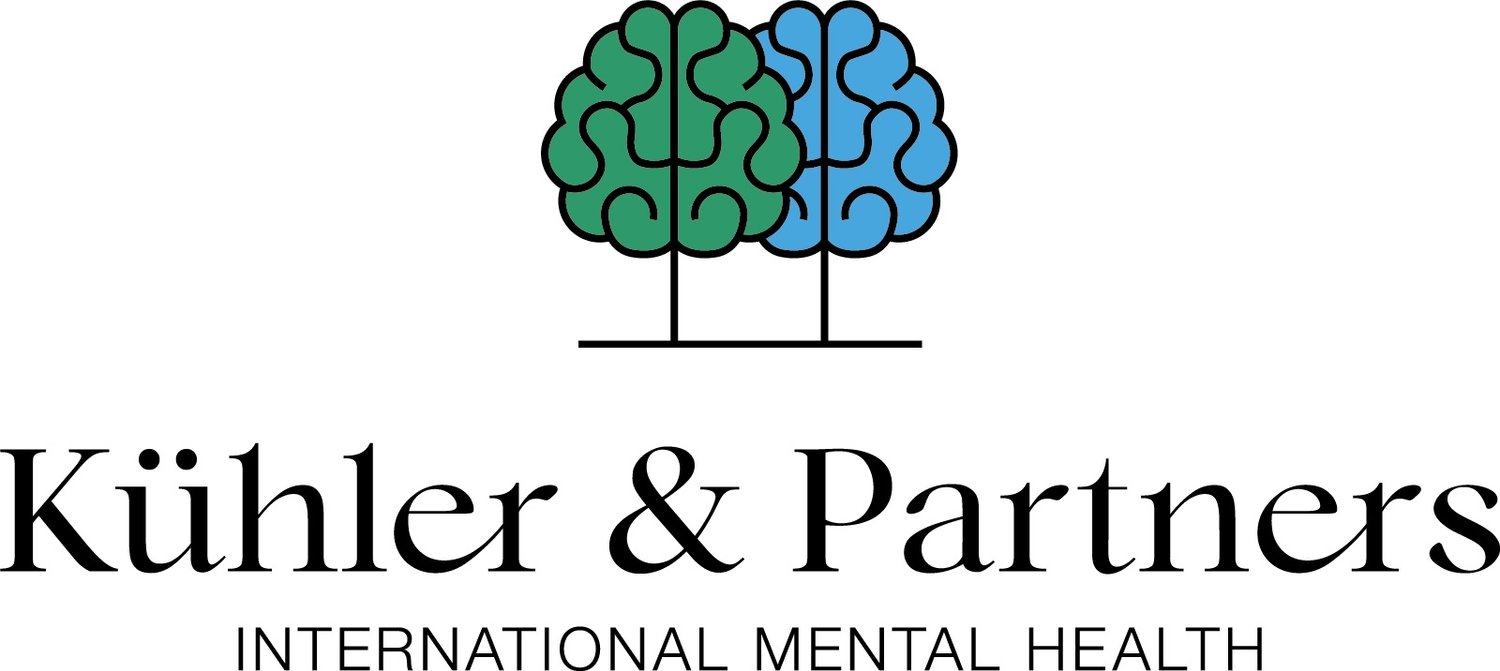A very common struggle for expats living in the Netherlands is getting through the dark and cold winter days. Even though the Netherlands has a good standard of living, there are plenty of job opportunities and there is a lot of cultural heritage to explore, our climate seems to be a hardship for many people. But what is winter depression and what can you do about it?
Seasonal affective disorder
The official term for winter depression is seasonal affective disorder (DSM V, 2014). The term seasonal affective disorder (SAD) was first introduced by South African psychiatrist Rosenthal, who described the phenomenon in a journal in 1984. Symptoms of SAD are a decrease in energy, sadness, low concentration, more need for sleep (but less quality of sleep), increase in appetite (mainly in high caloric food) and weight gain.
It’s the season
Usually the complaints start during autumn or early winter and disappear when spring arrives. Sometimes, symptoms arise during the summer when the weather is bad for a longer period of time. One of the key criteria for SAD (instead of depression) is that it always occurs during a certain time of the year and there is also a period of remission during the summer. In some cases, there is even a manic or hypomanic episode during the summer.
Cause of SAD
It is believed that the cause of seasonal depression is a disturbed biological clock. Through our eyes our body receives sunlight, which leads to chemical processes in the brain. These chemical processes induce the production of hormones such as melatonin, that regulate our biological clock. Everybody produces melatonin the evening in order to sleep, but patients with SAD produce it in large quantities during the day. The high melatonin level also has an effect on our ‘happiness neurotransmitter’ serotonin, which is why people with seasonal affective disorder suffer both from a lack of energy and a depressed mood.
Treatment
There are a number of treatment options, such as exposure to light (both natural light and light therapy), regular exercise, supporting psychological treatment and pharmacotherapy.

